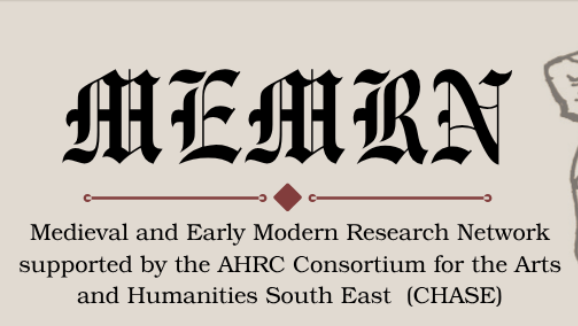Weeks 1-4, 7-8 Thursdays 10:00-11:00 am
Catherine Lewis Lecture Theatre, Clarendon Institute, Walton Street, Oxford OX1 2HG and online via Zoom: see link below.
Convenors: Judith Olszowy-Schlanger and Joseph O’Hara This reading group is an opportunity to practise reading directly from images of medieval Hebrew manuscripts in an informal setting. No advance preparation is required and all skill levels are welcome!
This year we will look at documents and manuscript excerpts from a broad range of the many genres found in medieval Hebrew texts, including scientific, literary, and legal. We will consider their palaeography, language, and historical context, and learn practical skills for reading unfamiliar handwriting, dealing with damaged texts, and interpreting dates and unusual vocabulary.
There will be coffee, tea and cake from 11am in the Common Room of the Oxford Centre for Hebrew and Jewish Studies for those attending in person.
In Week 5, there will be no reading group but please join the Medieval Anglo-Jewish Texts and History group which will meet in person from 9am to 5pm on Thursday, 13 November.
Please note that in Week 6 (20 November) the reading group will not meet, either in person nor on line. The reading group will resume in Week 7 (27 November).
In order to attend this reading group via Zoom, please register here: https://us02web.zoom.us/meeting/register/_Cx7LY20T-S0NxNwYgGBGQ








